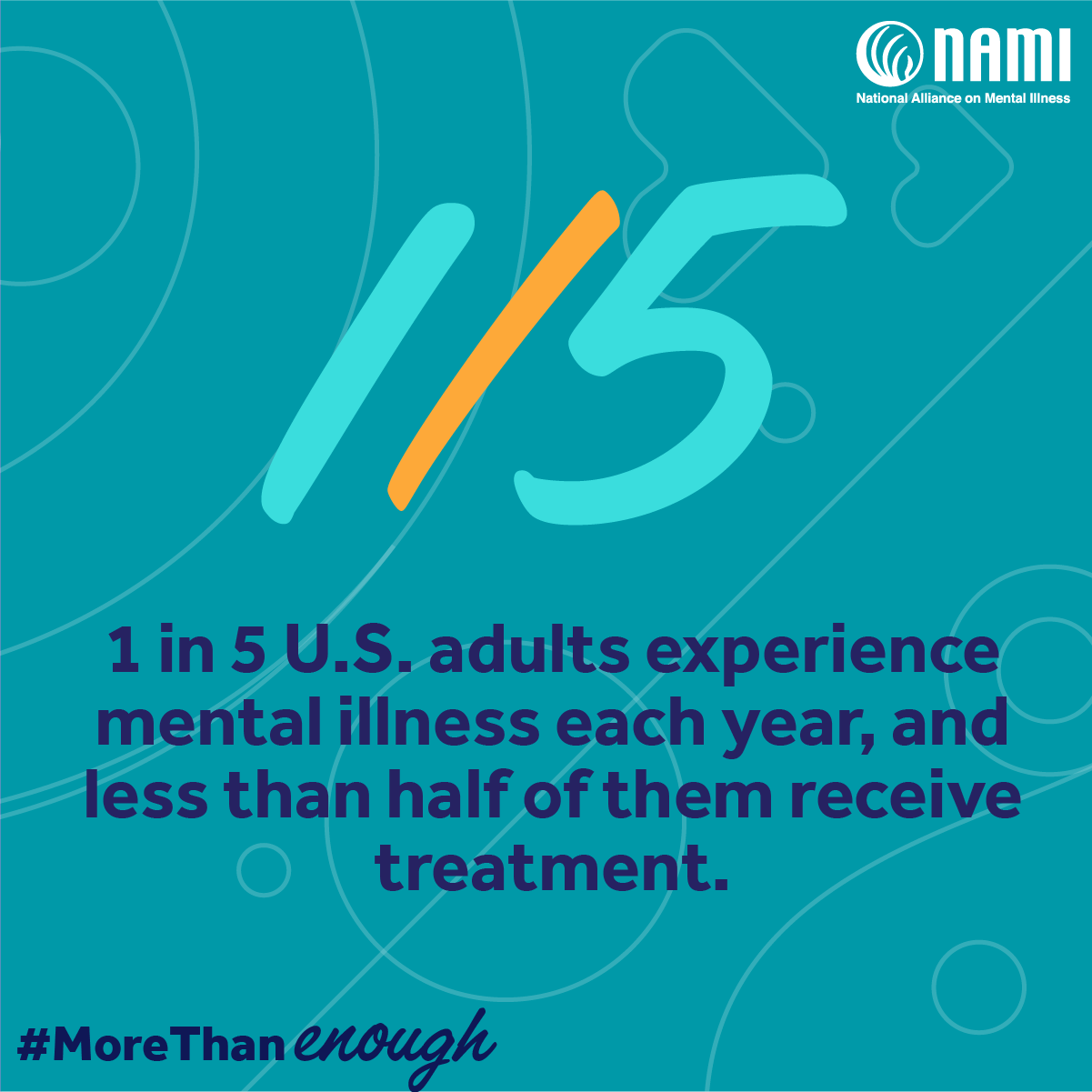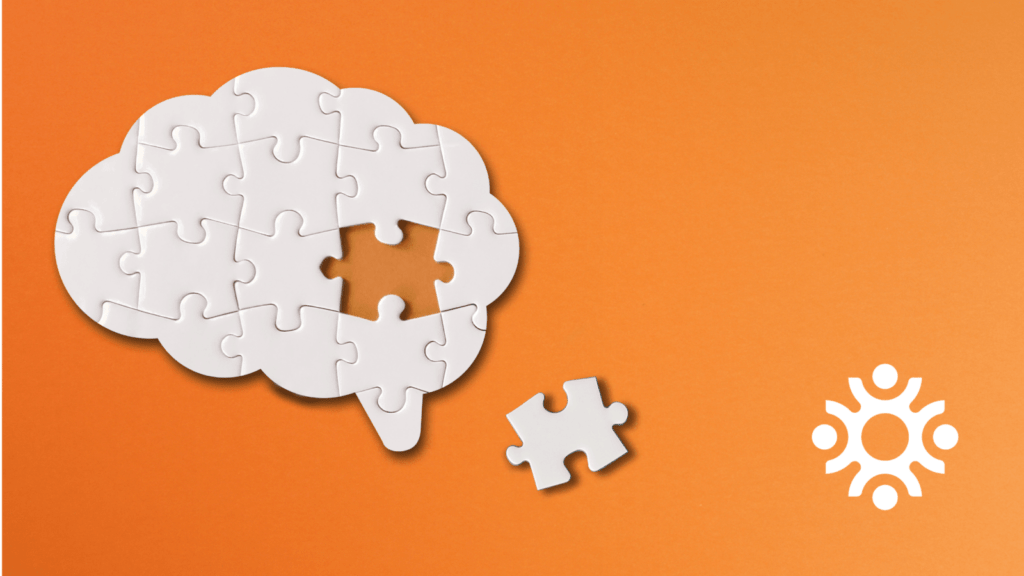By prioritizing mental health in the workplace, dental professionals can improve their well-being and provide better patient care.
Introduction
Dental professionals are often subjected to high-stress levels due to their work, which involves working with patients who may be in pain or experiencing anxiety. In addition, dentists are also required to maintain a high level of precision and focus when performing procedures, which can be mentally taxing over time. Many dental practices are now focusing on creating a positive work environment that promotes mental wellness to combat this. Some of the initiatives that dental offices are taking to address mental health include:
• Providing access to mental health resources such as counseling or therapy
• Encouraging team-building exercises and social events to promote a sense of community and belonging
• Offering flexible work schedules to allow for a better work-life balance
• Providing opportunities for continuing education to help dental professionals stay up-to-date with the latest developments in their field
• Encouraging self-care practices such as exercise, meditation, and mindfulness to help reduce stress levels
By prioritizing mental health in the workplace, dental professionals can improve their well-being and provide better care to their patients.
Mental Health Awareness Month is observed in May every year to raise awareness about mental health and reduce the stigma surrounding mental illness. It is a time to educate the public about the importance of mental health and promote resources and support for those struggling with mental health issues.
During Mental Health Awareness Month, various organizations and advocates promote activities and events focusing on mental health. These activities aim to spread the word about the importance of mental health and reduce the stigma surrounding mental illness. Some of the ways that people participate in Mental Health Awareness Month include:
• Sharing their own mental health stories on social media using the hashtag #MentalHealthAwarenessMonth
• Participating in mental health walks or runs to raise awareness and funds for mental health organizations
• Hosting mental health seminars or workshops to educate the public about mental health
• Encouraging friends and family members to seek help if they are struggling with mental health issues
By participating in Mental Health Awareness Month, we can all do our part to reduce mental illness’s stigma and promote mental health’s importance. Let’s work together to create a more supportive and understanding society for those struggling with mental health issues.
Recommended Reading
Self Care Instructions
As a dentist, you know that caring for your body is essential to providing excellent care for others. But sometimes, it’s easy to forget this when you’re in the middle of a busy workday or dealing with an emergency. It’s even more complicated when we need to give ourselves more time off and have regular check-ins with our coworkers or supervisors–especially if they live far away from us!
Taking care of your body is not only vital for providing excellent care to your patients, but it is also essential for your overall well-being. Here are some tips to help you prioritize your health while managing a busy schedule:
• Take short breaks throughout the day to stretch and move around. This can help prevent back pain and improve circulation.
• Pack healthy snacks and meals to avoid relying on vending machines or fast food during busy workdays.
• Schedule regular check-ins with your coworkers or supervisors to discuss any concerns or challenges you may face. This can help foster a supportive work environment and prevent burnout.
• Consider investing in ergonomic equipment, such as an adjustable chair or standing desk, to help prevent strain injuries.
• Don’t be afraid to take time off when needed. Your mental and physical health should always come first; taking breaks can ultimately improve your productivity and quality of care.
Resources for Dental Professionals
There are several resources available for dental professionals, such as:
American Dental Association (ADA): The ADA offers a variety of resources, including continuing education courses, practice management tools, and clinical practice guidelines.
National Institute of Dental and Craniofacial Research (NIDCR): The NIDCR provides research and funding opportunities and information on oral health topics for professionals and the public.
Dental Economics: This publication offers articles on topics ranging from clinical techniques to business management for dental professionals.
Colgate Oral Health Network: This online resource provides free continuing education courses, clinical articles, and other resources for dental professionals.
Academy of General Dentistry (AGD): The AGD offers continuing education courses and resources for general dentists.
Dental Products Report: This publication provides information on the latest dental products and technology for dental professionals.
Oral Health America: This organization provides resources and advocacy efforts to improve oral health for all Americans.
Ending the Stigma
There are many ways that stigma can affect patients, dentists, and the dental industry. Stigma is “a mark of shame or discredits attached to a person because of something that is believed about him or her.” In this case, it’s about mental illness and how people feel about it.
Stigma can lead to self-stigmatization; this means that those diagnosed with a mental illness will begin to feel ashamed of their condition and often hide it from others out of fear they’ll be judged or bullied because they have an invisible disability like depression or anxiety disorder. This leads us back to our first point: it prevents many people from seeking treatment for their conditions in the first place because they don’t want anyone else to know about them–even if getting help could improve their quality of life significantly!
Dentists and their mental health.
Dentists are at risk for mental health issues, including burnout and depression. In addition, a study by the American Dental Association found that dentists were more likely than other professionals to have a history of suicide attempts or thoughts of suicide.
The good news is that many resources are available to help dentists manage their stress levels and improve their overall well–being. For example, the ADA offers programs designed specifically for dental professionals who want to learn how to manage their work/life balance better so they can enjoy being both dentists and people outside the dentist‘s office too!
Mental health awareness is essential to the dental industry.
As a dental professional, you will likely encounter many people dealing with mental health issues. This can be an overwhelming experience and may even cause you to feel helpless at times. However, dentists and hygienists must understand mental illness signs to care for their patients properly.
As dentists, you interact with patients daily, and many of them may be experiencing mental health challenges that we aren’t aware of. By raising your awareness of mental health and its impact on oral health, you can better support our patients and provide them with the care they need. Here are some reasons why mental health awareness is crucial in the dental industry:
Many mental health conditions, such as depression and anxiety, can significantly impact oral health. Patients with these conditions may be less likely to practice good oral hygiene or attend regular dental check-ups, which can lead to dental problems down the line.
Some medications used to treat mental health conditions can also have side effects that affect oral health, such as dry mouth or changes in appetite.
Patients with mental health conditions may also be more likely to experience dental anxiety, making attending appointments or receiving the care they need difficult.
Educating yourself about mental health and its impact on oral health can create a more supportive and understanding environment for our patients. This can lead to better outcomes for their mental and oral health.
Conclusion
Investing in HR for Health can benefit practice owners in many ways. Here are some reasons why it’s a good idea to delegate your HR tasks to us:
• You’ll have more time to focus on patient care and growing your practice.
• Our team of experts will ensure that your payroll, benefits, and handbook are up-to-date and compliant with all regulations.
• We can handle all aspects of employee management, including hiring, training, performance evaluations, and disciplinary action.
• By outsourcing your HR tasks, you’ll save money on hiring and training an in-house HR staff.
• Our services are customizable to fit the unique needs of your practice.
Keep HR tasks from taking up valuable time and resources. Let HR for Health take care of it all, so you can focus on what you do best.
The dental industry is a unique one, filled with professionals who are dedicated to improving the health of others. However, we must care for ourselves to continue providing this service for years. Mental health awareness month is an excellent opportunity for everyone involved in dentistry – patients and professionals alike – to reflect on their mental well-being and get some much-needed support if needed.
How HR for Health Can Help
Ready to get started with HR for Health? Contact us today to set up a fifteen-minute consultation and learn more about how HR for Health can help your practice grow and protect you from various HR challenges.


.png)

